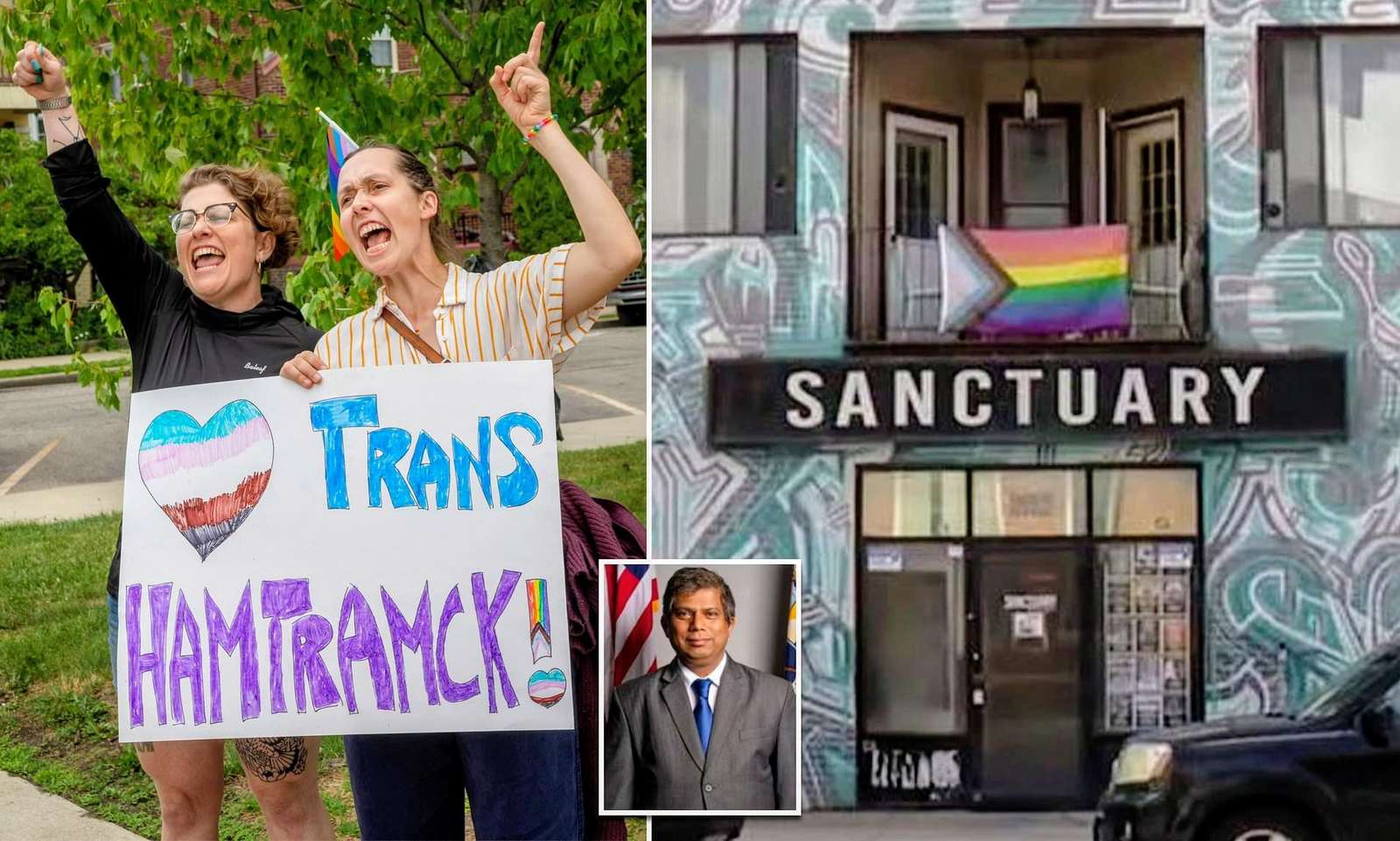On July 4, 2024, a general election will be held in Britain. Prime Minister Rishi Sunak unexpectedly announced the election ahead of the scheduled time, perhaps hoping that the Conservative Party could turn things around. However, the reality is that the Conservative Party’s politics have been crumbling for quite some time. The party has been plagued by various scandals, from the “partygate” during the COVID pandemic to the current election date controversy.
There is growing concern among many MPs, with public opinion polls suggesting that many members of the cabinet might lose their seats. Even Prime Minister Rishi Sunak himself could face defeat, which would make him the first sitting Prime Minister to lose his MP seat.
Public opinion polls predict that the Labour Party will form the government, with Labour leader Sir Keir Starmer becoming Prime Minister. Labour is projected to win 453 out of the 650 seats in the House of Commons, achieving an outright majority, while the Conservatives might secure only 53 seats, suffering a landslide defeat.
People are seeking change, but it seems to be a change in party rather than policy, from Conservative to Labour. Despite leading in the polls, Starmer has already backed away from many of the promises made. His strong ambition to come to power appears to have transformed the Labour Party into a Conservative-like entity. He has distanced himself from labor unions and marginalized left-wing MPs. Even though he worked as a shadow minister under Jeremy Corbyn’s leadership, he did not give Corbyn the party nomination. Corbyn, who has been Labour’s MP for 43 years, was not allowed to be the local Labour Party member’s candidate, despite their desire for him to be so.
There was also significant controversy around Diane Abbott’s candidacy, but he eventually relented under pressure. Starmer has also exhibited a double standard regarding Middle Eastern issues.
Rishi Sunak himself was opportunistic in his quest to become Prime Minister. Sensing an opportunity, he betrayed Boris Johnson, metaphorically stabbing the then Prime Minister in the back with a political knife. Sunak was also fined for his involvement in the “partygate” scandal. Recently, he has been implicated in a betting scandal related to the election date. The controversy surrounding the Rwanda policy is another issue; despite knowing that failed asylum seekers would be sent to Rwanda, refugees have not stopped crossing the Channel in small boats from France. The Rwanda plan is seen as a political game to mislead voters.
Debates about illegal immigration and tax increases are heating up in the election. The Conservative Party and Reform UK leader Nigel Farage are trying to make these the main issues. Sunak has accused Labour of planning to increase taxes by £2,000, which the Labour leader has denied. However, the reality is that taxes will likely increase by at least £750 in the next government, according to the Office of Budget Responsibility. Thus, neither of the two main political leaders is being truthful.
The Conservative Party is in a difficult position after Nigel Farage suddenly decided to run for election. This will likely reduce the Conservative vote share. However, public opinion polls indicate that the Reform UK Party will not win any seats and that Farage will face his eighth defeat. During the Brexit campaign, Nigel Farage spread false propaganda, claiming that £350 million per year would be added to the NHS post-Brexit. He later admitted this was false. This is how they mislead the public.
There’s a joke about Nigel Farage that goes, “So Farage has only one ball, is his other in the Albert Hall?” This refers to the fact that he had one of his testicles removed due to illness.
Despite enjoying all the benefits of citizenship as immigrants in the UK, many in the ethnic minority community, particularly Muslims, took an anti-immigration stance during Brexit.
In this general election, religious propaganda is causing division, spreading hate speech, and issuing fatwas against certain Bangladeshi community candidates. Some opportunists are using the religious card to run as independent candidates. This has led to increased infighting and hostility within the community. Engaging in such self-destructive actions, which go against the laws of the state, can lead to legal consequences. If not careful, these actions could lead to their downfall and legal penalties. Propaganda based on religion only creates division and conflict.
Across Europe, right-wing parties are winning elections and forming governments in various countries, increasing their influence continent-wide. In recent EU Parliament elections, right-wing parties gained significant seats. Fearing the rise of right-wing politics and the potential loss of power, French President Macron has announced early elections to avoid a potential defeat. In the last general election, a coalition narrowly managed to keep Marine Le Pen’s party at bay in the second round of voting. It remains to be seen what will happen this time.
Right-wing political influence is also growing in Britain. Under Keir Starmer’s leadership, the Labour Party has shifted further to the right, while the Conservatives are becoming even more conservative, fearing the rise of Farage and his supporters. Left-wing politicians are often derisively referred to as “lefties.” Starmer himself harbors a negative, perhaps even hostile, attitude towards his former leader.
It goes without saying that the behavior and actions of many members of the Muslim community, including Bangladeshis, are increasingly at odds with state laws and positions. This trajectory is self-destructive and will lead to isolation from the mainstream, ultimately causing harm to themselves. Such actions will inevitably bring them face-to-face with the law. If caution is not exercised, trouble lies ahead.
Instead of isolating themselves, the community must engage in constructive activities and increase their participation in mainstream politics. Failure to do so will make them easy targets for right-wing groups, which is already becoming evident.
The tendency towards self-destruction must cease.
Broader Context of Alienation and Its Effects
Alienation from mainstream society can have severe and far-reaching consequences. When a community isolates itself, it risks marginalization, which can lead to a lack of representation in important political and social discussions. This can further exacerbate feelings of disenfranchisement and discrimination.
1. Political Marginalization: Without active participation in mainstream politics, the community loses its voice in policymaking. This means that their needs and concerns may not be adequately addressed, leading to policies that do not favor or even harm them.
2. Social Fragmentation: Alienation can create a divide between different sections of society, fostering mistrust and misunderstanding. This fragmentation can hinder social cohesion and create an environment where extremist ideologies can take root.
3. Economic Disadvantages: Isolated communities often miss out on economic opportunities available in the broader society. This can lead to higher levels of poverty and unemployment within the community, perpetuating a cycle of disadvantage.
4. Increased Vulnerability to Right-Wing Agendas: As right-wing movements gain traction across Europe, isolated communities become easy targets for their agendas. These groups often use fear and division to rally support, which can lead to increased hostility and discriminatory policies against marginalized communities.
5. Legal Repercussions: Actions that go against state laws can lead to legal consequences, further alienating the community and creating a cycle of distrust and conflict with authorities.
Constructive Engagement:
To counteract these negative trends, it is crucial for the community to engage in constructive activities that build bridges with the broader society.
This includes: - Active Political Participation:
Joining mainstream political parties and running for office can help ensure that the community's voice is heard.
- Community Building: Initiatives that foster social cohesion and mutual understanding between different communities can break down barriers.
- Educational Programs: Increasing awareness about the importance of integration and the benefits of diverse, inclusive societies can help change attitudes.
- Economic Empowerment: Providing opportunities for economic participation and growth within the community can reduce economic disparities.
In summary, the community must recognize the dangers of alienation and actively work towards greater integration and participation in mainstream society. This is not only beneficial for the community but also for the broader society, as it promotes harmony, understanding, and shared prosperity.
---
Nurur Rahim Noman
Ex-Head Teacher, Community Activities UK



_3.jpg)
_3.jpg)



.svg)


